The old adage “If you want to go fast, go alone. If you want to go far, go together.” is particularly true in Artificial Intelligence. Developing AI empowered technologies for the mobility of the future takes a lot of effort, resources and time. Additionally, the market moves very fast and there are still some big questions to be answered, and only collaboration gives us the chance to to unite forces and advance AI technologies. We are proud to bring our practical expertise in Automotive AI to the table in various Public Private Partnerships (PPP) together with OEMs, suppliers, technology providers, research institutes and regulators with the same passion for AI technologies.
Public Private Partnerships for Artificial Intelligence
KI Familie – Addressing AI Challenges in a Cluster
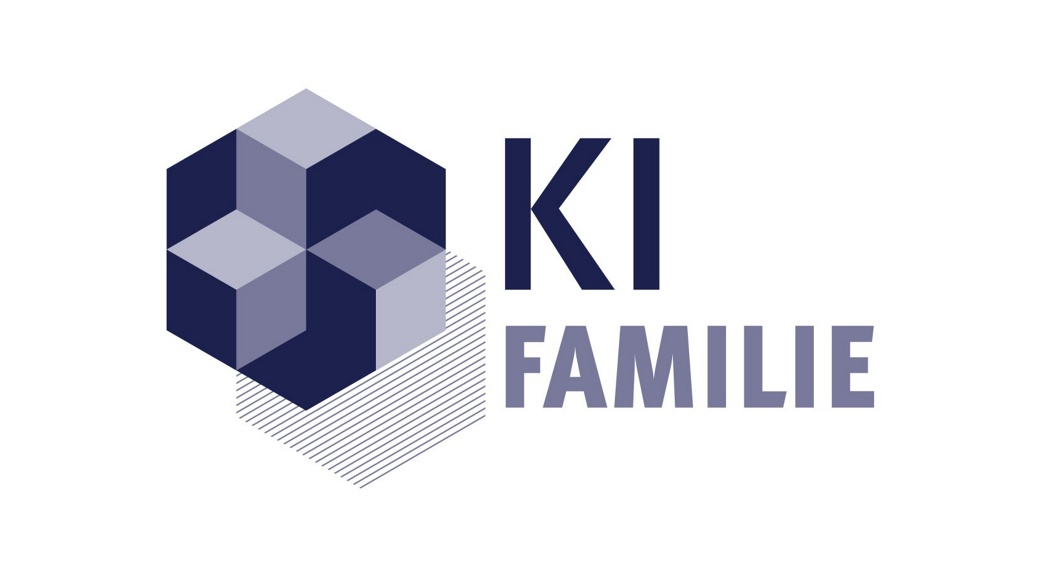
KI Familie is a project cluster initiated by the VDA Leitinitiative. The initiative represents nine leading companies of the German automotive and supplier industry pursuing innovative paths of cooperative technology development. It aims to build up broad expertise in the key technologies for autonomous and connected driving in Germany.
The KI Familie consists of four individual projects that deal with different general issues in Automotive AI. Continental played a major role in three out of these four individual projects which have already been concluded.
- KI Absicherung is working on establishing a stringent and provable safety argumentation for the first time with which AI-based function modules (AI modules) can be secured and validated for highly automated driving.
- KI Delta Learning wants to come up with methods and tools for the efficient expansion and transformation of existing AI modules in autonomous vehicles to meet the challenges of new domains or more complex scenarios
- KI Data Tooling means to develop methods and tools for the generation and preparation of training, validation and safeguarding data for AI functions in autonomous vehicles.
- KI Wissen, targeting methods for incorporating knowledge into machine learning
nxtAIM – Taking the Next Steps Towards Automated Driving
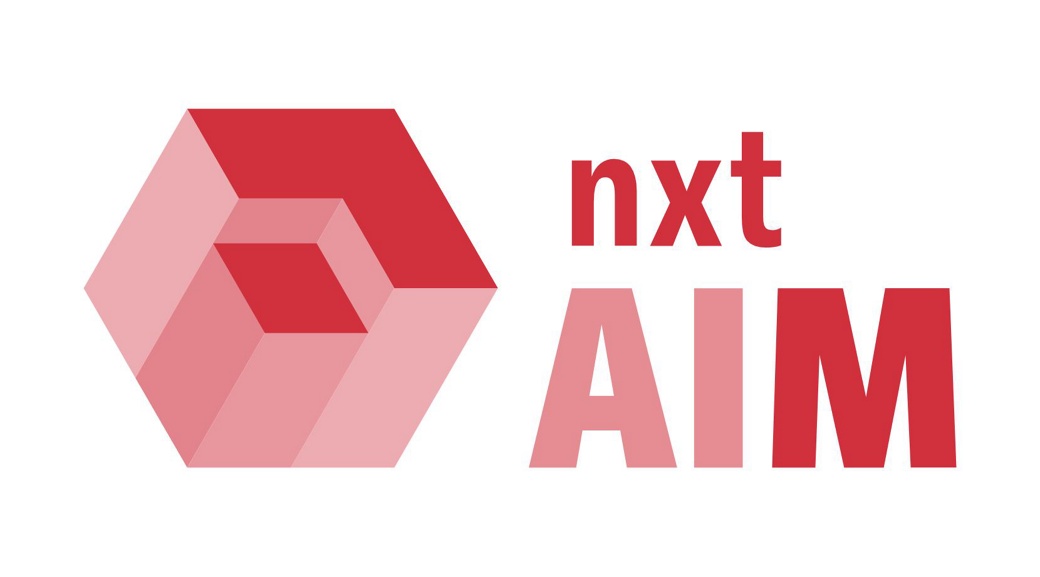
After having completed the four projects within the KI Familie project cluster, NXT GEN AI METHODS (nxtAIM) is the natural successor that aims to take the earlier findings further. Based on generative methods, introduces the bidirectional flow of information as a new paradigm into the chain of effects and enables massive improvements for the development of autonomous driving functions.
Just better Data – Efficient and Highly Accurate Data Generation
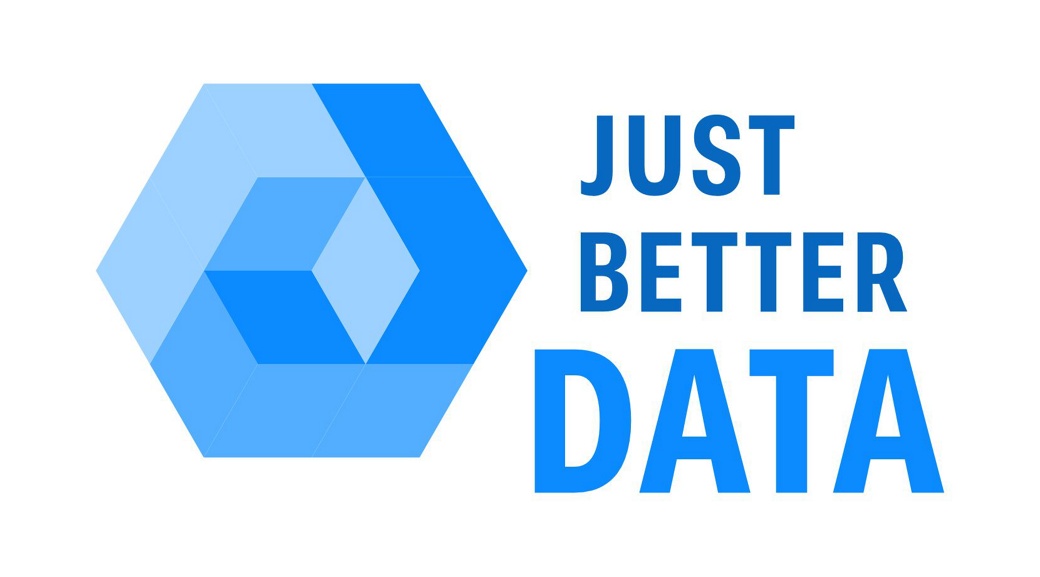
Just better Data (jbDATA) is also part of the VDA initiative. Together with our partners, we want to develop and implement a Smart Data Loop to efficiently collect data relevant to training automotive AI applications, process it appropriately at the edge, and industrially utilize it. The project also explores automated anonymization of data, emphasizing the project’s principle of fair data generation.
KARLI – Intelligent Vehicle Interaction
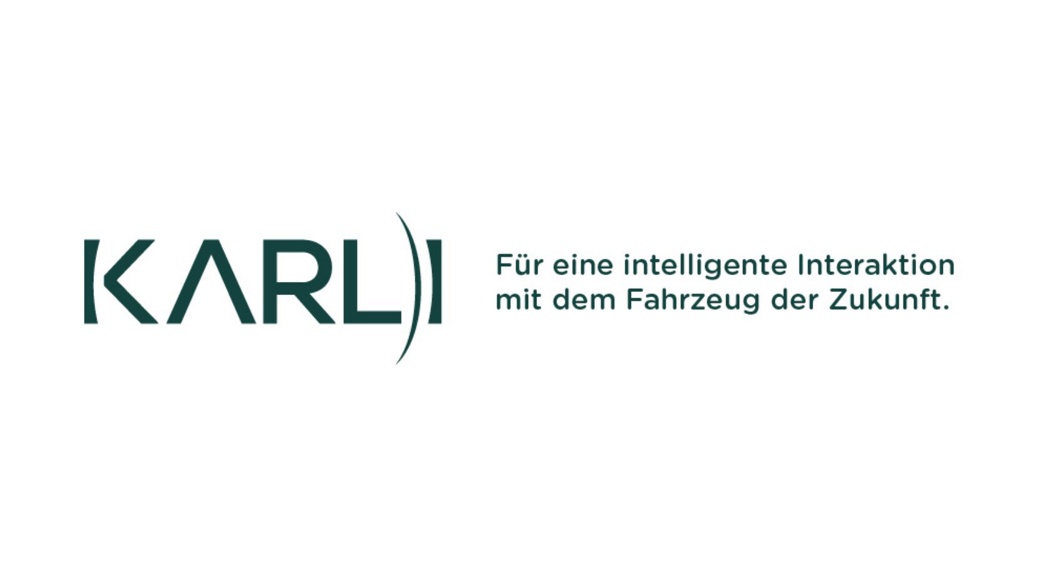
KARLI is the German abbreviation for „Künstliche Intelligenz für Adaptive, Responsive und Levelkonforme Interaktion im Fahrzeug der Zukunft“. By developing AI functions that detect driver states and designing interactions for different levels of automation, the project aims at providing an adaptive, responsive and level-compliant interaction in the vehicles. The project is funded by the European Union and promoted by the German Ministry for Economic Affairs and Climate Action.
BeIntelli – Experiencing the Future of Mobility Now
Supported by the German Ministry for Digital and Transport, BeIntelli is a showcase project for autonomous driving that makes it possible for everyone to experience the mobility of the future already today.
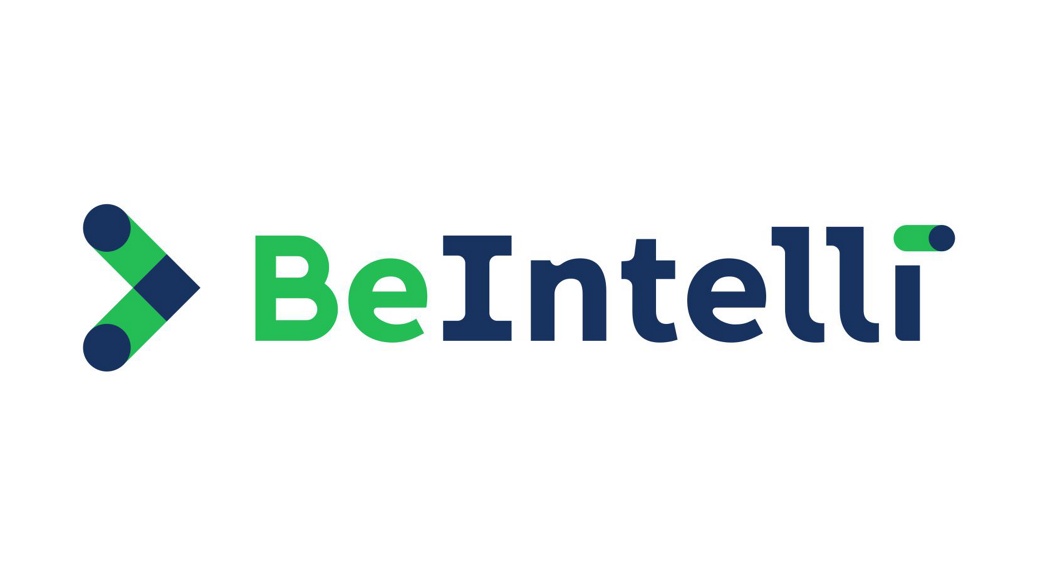
Starting with the vehicles and infrastructure of today, the project uses innovative concepts and simulation studies to seamlessly integrate advanced sensor technology into vehicles and the (road) infrastructure divided into edge areas, with local computing resources enabling decentralized processing on site. Together with a powerful AI Mobility OS, enabling the smooth interaction between the various devices, this approach will create new ecosystems for the platform economy in the mobility of the future.
AITHENA – Building Trustworthy and Explainable Algorithms
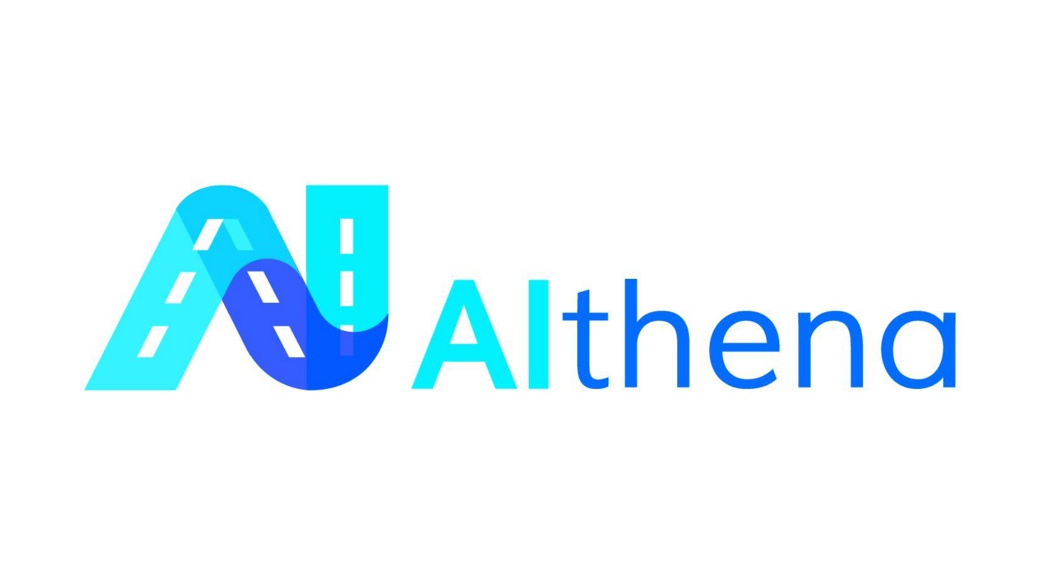
Continentals’s subsidiary Continental Engineering Services (CES) is heavily involved in AITHENA, a research and innovation project on Connected and Cooperative Automated Mobility (CCAM) solutions that aims to build trustworthy, explainable, and accountable CCAM technologies. Since they benefit from Artificial Intelligence through AI-based perception, situational awareness, and decision-making components, it’s important that the underlying technologies are trustworthy, robust, explainable and accountable.
AITHENA is funded by both the European Union and the Swiss Federation.
BERTHA – Making autonomous vehicles safer and more human-like

BERTHA is also an EU PPP project, in which Continentals’s subsidiary Continental Engineering Services (CES) is participating. The project aims to develop a scalable and probabilistic Driver Behavioral Model (DBM) based on the Bayesian Belief Network. This model will be crucial to achieving more human-like autonomous vehicles, thus increasing road safety.
SUNRISE – Providing a Safety Assurance Framework
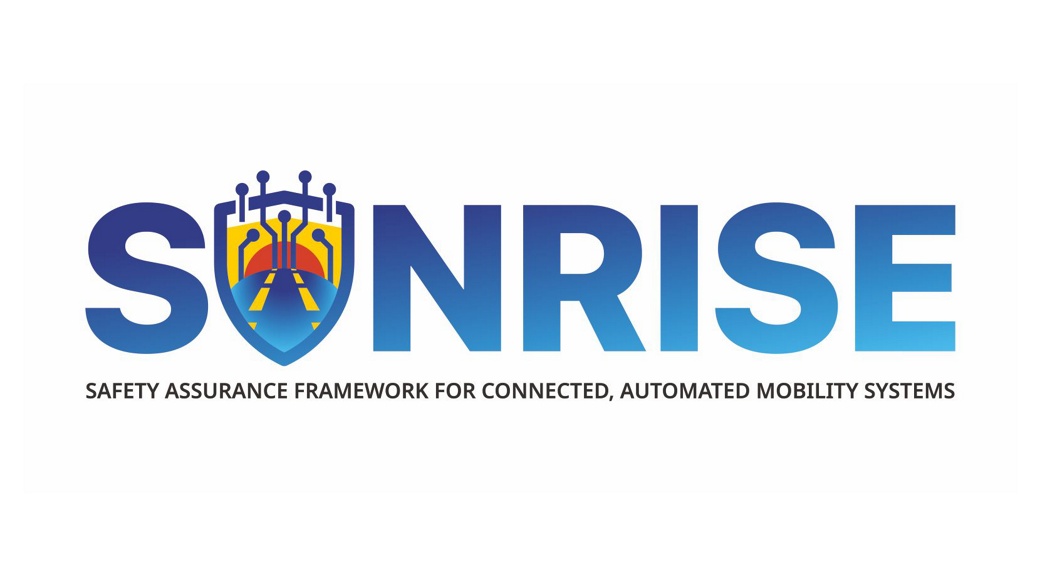
The SUNRISE project is funded by the European Union and works on safety assurance of Cooperative, Connected and Automated Mobility (CCAM) systems that must be reliable in every possible driving scenario. In several initiatives, the project partners are working on developing test- and assessment methods for CCAM systems, applying a scenario-based approach, and combining both physical and virtual testing. As well as in AIthena, Continentals’s subsidiary Continental Engineering Services (CES) is continuously involved in this project.
Do you want to know more?
*If the contact form does not load, please check the advanced cookie settings and activate the functional cookies for the purpose of contact management.
